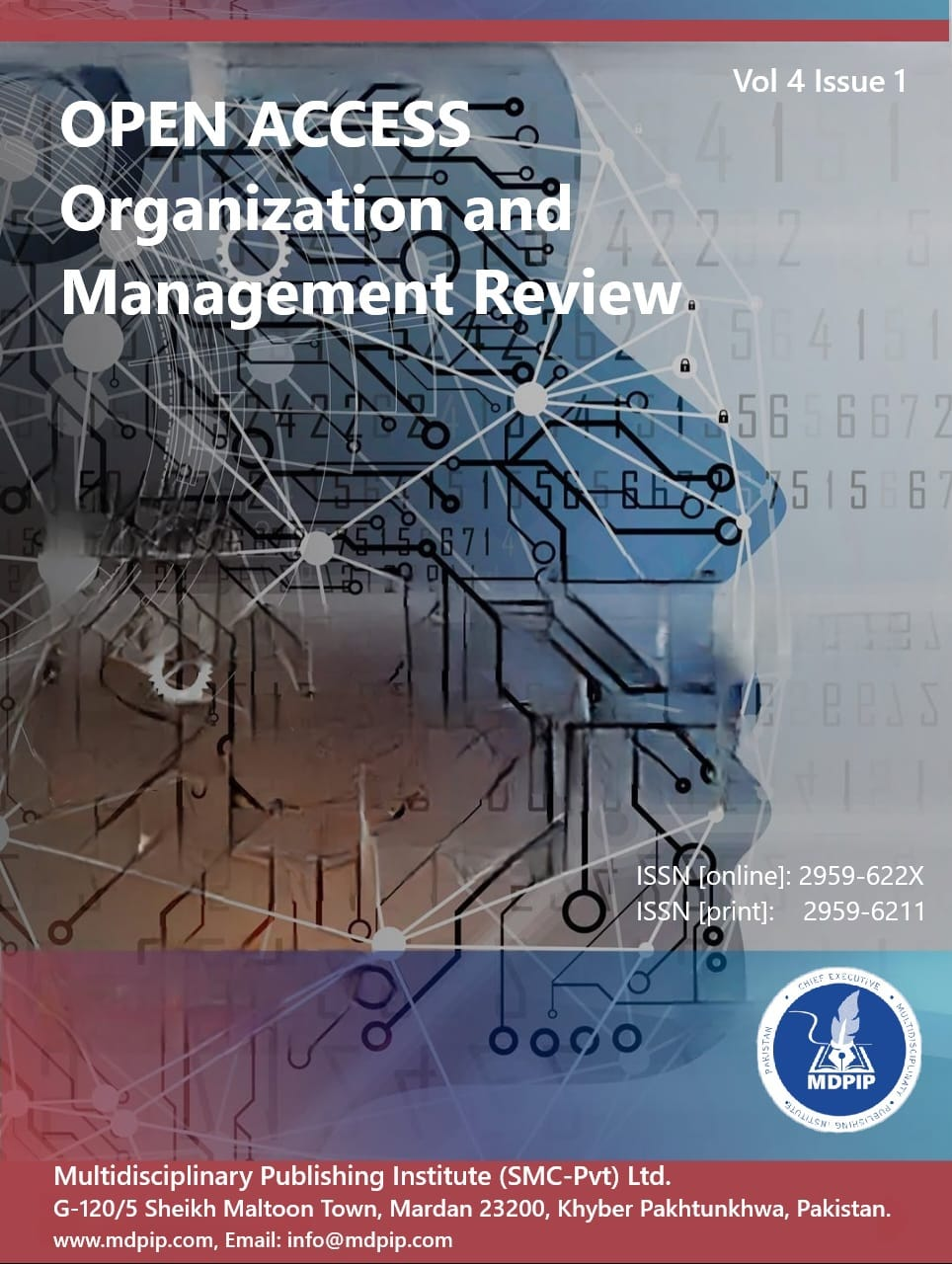Exploring the Role of Emotional Intelligence in Enhancing Teacher Effectiveness among Engineering College Teachers
DOI:
https://doi.org/10.59644/oagmr.4(1).210Keywords:
Teacher Education, Emotional Intelligence, Teacher Effectiveness, Engineering Colleges, Descriptive SurveysAbstract
This study aims to investigate how teacher effectiveness (T.E.) in engineering institutions in Maharashtra's Kolhapur District (India) is impacted by emotional intelligence (E.I.). The study employed a sample of 342 teachers drawn from a population of approximately 1250 teachers (N = 342). Data was gathered using the teacher effectiveness scale and the emotional intelligence inventory. For data analysis, the t-test, correlation, mean, and standard deviation were employed. The study's conclusions showed that male and female instructors differ significantly in their emotional intelligence, with female teachers having a marginally greater emotional intelligence compared with male colleagues. Furthermore, the study found no significant variation in the teacher’s emotional intelligence based on their location, community, level of education, or prior teaching experience. The study found no significant variation in the teachers effectiveness based on their location, community, level of education, or prior teaching experience. The findings indicate a connection between emotional intelligence (EI) and teacher effectiveness (TE). EI has some influence over TE, despite the negligible correlation. The study used descriptive survey with relatively a small sample size that restricts its findings generalizations, however, in future, researcher could use a larger sample size to overcome this deficiency, and to get better understanding of the phenomenon under study.






